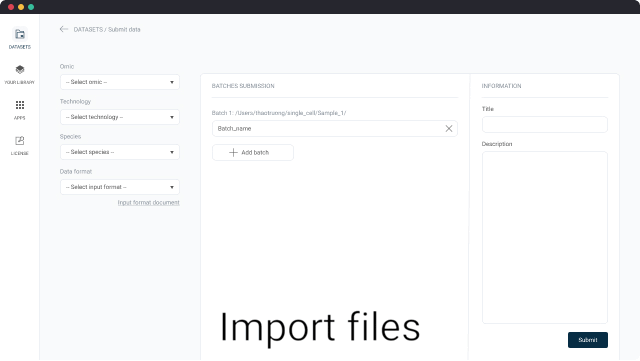mRNA COVID-19 vaccine elicits potent adaptive immune response without the acute inflammation of SARS-CoV-2 infection
Ellie N. Ivanova, Jasmine Shwetar, Joseph C. Devlin, Terkild B. Buus, Sophie Gray-Gaillard, Akiko Koide, Amber Cornelius, Marie I. Samanovic, Alberto Herrera, Eleni P. Mimitou, Chenzhen Zhang, Trishala Karmacharya, Ludovic Desvignes, Niels Ødum, Peter Smibert, Robert J. Ulrich, Mark J. Mulligan, Shohei Koide, Kelly V. Ruggles, Ramin S. Herati, Sergei B. Koralov
Abstract
SARS-CoV-2 infection and vaccination elicit potent immune responses. Our study presents a comprehensive multimodal single-cell analysis of blood from COVID-19 patients and healthy volunteers receiving the SARS-CoV-2 vaccine and booster. We profiled immune responses via transcriptional analysis and lymphocyte repertoire reconstruction. COVID-19 patients displayed an enhanced interferon signature and cytotoxic gene upregulation, absent in vaccine recipients. B and T cell repertoire analysis revealed clonal expansion among effector cells in COVID-19 patients and memory cells in vaccine recipients. Furthermore, while clonal αβ T cell responses were observed in both COVID-19 patients and vaccine recipients, expansion of clonal γδ T cells was found only in infected individuals. Our dataset enables side-by-side comparison of immune responses to infection versus vaccination, including clonal B and T cell responses. Our comparative analysis shows that vaccination induces a robust, durable clonal B and T cell responses, without the severe inflammation associated with infection.
Datasets
1. Circulating Immune cells -- CV19 infection, vaccination and HC

Analyze this study
Source data
https://cellxgene.cziscience.com/collections/ecb739c5-fe0d-4b48-81c6-217c4d64eec4
Alias names
GSE247917, PMID38213787, PMC10783604
Cite this study
Ivanova, E.N., Shwetar, J., Devlin, J.C., Buus, T.B., Gray-Gaillard, S., Koide, A., Cornelius, A., Samanovic, M.I., Herrera, A., Mimitou, E.P. and Zhang, C., 2023. mRNA COVID-19 vaccine elicits potent adaptive immune response without the acute inflammation of SARS-CoV-2 infection. Iscience, 26(12). https://doi.org/10.1016/j.isci.2023.108572
